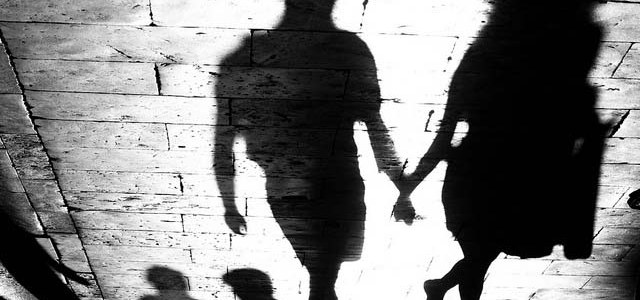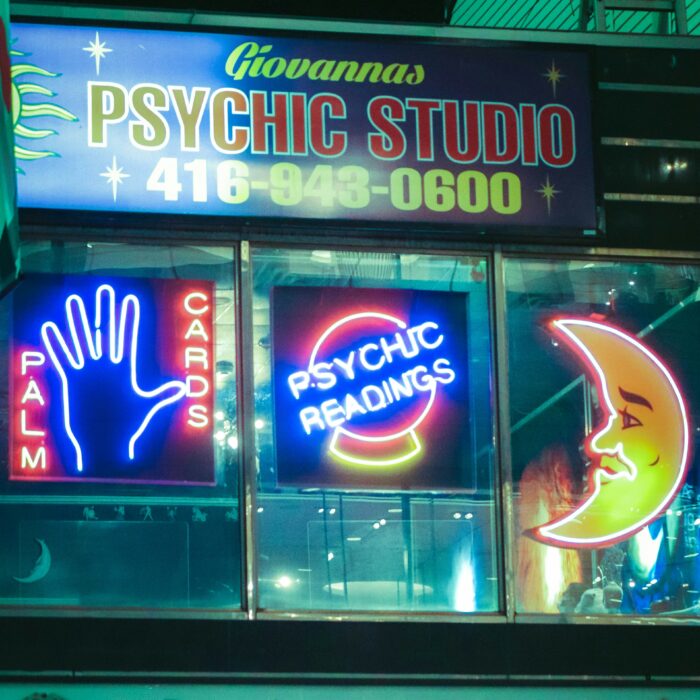You have no items in your cart. Want to get some nice things?
Go shopping
The oldest picture I have of Mom and Dad is one that I fished out of an old trunk long after both of them had passed on. It is a black and white picture with no date on it, although there is plenty to suggest it is from their honeymoon. The mountains in the background and the houses with triangular roofs off to the side indicate a hill station and I remember they honeymooned in one, although I can’t recall which one. Moreover, Mom’s lack of ease is palpable. What the hell have I got myself into? she seems to be wondering as she gazes at the camera. The two of them stand next to each other with their arms barely touching. Mom is dressed in a white salwar kameez, while Dad wears a long-sleeved white shirt and a pair of dark trousers. Their shadows stretch diagonally on the road behind them.
They were married in Lucknow in the Indian state of Uttar Pradesh on March 3, 1948. Dad always claimed their marriage was more than just an arranged marriage; that he made up his mind to marry Mom the instant he laid eyes on her during his elder brother’s wedding. (His elder brother married one of Mom’s elder sisters.) When I did the math, I discovered that Mom would have been in third grade when Dad first met her, which suggested the real story behind how they got hitched was far more banal than the embellishment Dad gave it. It was common in those days for Indian families to arrange marriages so that a pair of brothers married a pair of sisters. But I never contradicted Dad. Love at first sight made for a better reason to get hitched. It also lent the marriage a whiff of romance.
Mom was eighteen when she got married. Until then, the only man in her life, other than her father and brothers, was the very dead Thomas Hardy whose books she adored. Her marriage pitchforked her into a life with an army officer who was ten years older than her. All she saw of Dad before the wedding was a photograph. (I doubt if she recalled very much from their meeting at her sister’s wedding.) I wouldn’t be surprised if she entered her marriage left as clueless by the turn her life had taken as Tess when she is first sent to establish relations with the D’Urbervilles.
Dad, on the other hand, appears far more at ease as he gazes inquiringly at the camera. His expanding girth implies a growing peace with the world around him and I can spot a smile beginning to form on his face. The smile gets bigger in later pictures which show the two of them easing into married life. His unabashed happiness tells me he took to it the way a duck takes to water. He had just come back home from Japan where he was stationed for two years after the Second World War. (He was commissioned in the British Indian army in 1942 and saw action in the Asian theatre.) He returned to an India that had been partitioned. No sooner had he got off the troopship than he learned that he had lost his ancestral home in Rawalpindi; Rawalpindi went to Pakistan during Partition. Several members of his extended family were killed in the riots that followed. Fresh from the horrors of war, he now had to contend with a new set of horrors. His marriage acted as the balm that soothed these wounds of history. If it didn’t wipe out his personal museum of horrors, it certainly filled the emptiness inside him. A loving family became his reason for living. Responsibility, far from being burdensome, was empowering. It lent him the wherewithal to rebuild his life in right earnest after Partition.
Like most women of her generation, Mom accepted her early marriage as inevitable and worked hard to make the most of it. She would have drawn some comfort from the fact that she was allowed to complete a B.A before being pushed into the role of a housewife; her elder sister was married off at fourteen. Yet she regretted not being able to study further for the rest of her life. In her sixties, she would often speak bitterly against her father who was dead set against her doing an M.A. If a girl studies too much, it will be hard for her to find a husband; that was the thinking in those days. Then why didn’t you do an M.A. after marriage? I asked her once. She sighed and said, Ask your father. I did so a year after she died. He looked away without a word, his silence telling me how deeply he now regretted his opposition.
Love is possible despite imperfections. That is what comes through loud and clear when I think of them now. They were two strangers thrown together in an arranged marriage. Many such relationships become hellish compromises where people remain corralled together due to kids, family expectations, or the simple fact that divorce is unthinkable. I saw that happen with my uncle who married Mom’s elder sister. Somehow, Mom and Dad’s relationship grew into something deeper. Not once did I see the two of them hug or kiss. Yet their intimacy was hard to miss. It was there in their banter; in the smile Mom had for Dad in the morning even after forty years of marriage; in the way Dad would enter the house with a spring in his step and her name on his lips even as a grand old man. After she died, the only time I ever saw his eyes ignite was when he was talking about her. He lost interest in everything else, living the seven years he had left as a man waiting to die.
It was on December 31, 1996 that Mom fell down in the house to break her hip. The doctor assured us that it was an ordinary fracture. She was moved to the hospital to await an operation. Dad and I would go to her every day after breakfast. Dad couldn’t wait to leave and normally reached the breakfast table well before me. That day he wasn’t there. I went to his room to get him. I found him sitting on the edge of his bed in his kurta-pyjama. I was taken aback. I had expected him to be showered and dressed. He didn’t seem to hear me the first time I asked why he wasn’t ready. When I repeated the question, he turned a stricken face in my direction. Before I knew it, he had started sobbing. Maybe he had a premonition that this was the beginning of the end for Mom. She had too many health issues for a successful operation to be conducted on her hip. Even though she was able to walk in a pair of special shoes, the obvious limp dented her morale. As the year wore, the pain in her hip returned and she was forced to take to her bed. Her tuberculosis, nascent until then, became rampant. By the end of the year, it had gnawed all the skin off her bones. She was skeletal and coughing out phlegm every few minutes.
Maybe Dad could see all that in his crystal ball that morning. Maybe he could look even further into the future and see us standing over her dead body a year and a half later. Maybe that was why he went to pieces.
I stood there, watching him in disbelief. I was twenty-eight then. For as long as I could remember, Dad was the one who had wiped everyone’s tears. To see him sobbing was unnerving. At the time, I’d never had a loved one die on me.
I had no idea of the enormity of losing someone close to you, leave alone your companion for life. All I could do was gape. It was Dad who finally gathered himself, telling me to leave so that he could get ready. I left shaken by what I had seen. By the time I saw him again, he had sobered up. When I mentioned the tears, he merely said he was okay now. His eyes were hidden behind a pair of dark sunglasses. I didn’t ask any more questions. I was simply relieved not to see him in tears.
Over the years, I have come to terms with my role in that memory. Given the man I was then, I couldn’t have acted differently. Yet there are occasions where I see myself doing exactly that. It can happen when I am reading the newspaper or looking at old pictures or simply walking about in the house. Suddenly, I see myself step out of my shock and disbelief and sit down next to Dad on the bed and listen patiently to him pouring his heart out over the impending loss of the woman he loved. Is it an alternative reality I am creating? I don’t know. I just wish it had happened that way.

About Vikram Kapur
Vikram Kapur is the author of two novels--Time Is a Fire and The Wages of Life. His short fiction and nonfiction have been published in a number of publications in the United Kingdom, the United States and India . These include, among others, World Literature Today, Wasafiri, Litro, Ambit, the Dublin Quarterly, New Writing, Driftwood, The Hindu, The Times of India, Frontline and Firstpost. His short stories have been shortlisted or longlisted, among other competitions, for the Commonwealth Short Story Prize, the Fish International Short Story Prize, the Summer Literary Seminars Competition and the Aesthetica Annual Creative Works Competition. He has a PhD in creative and critical writing from the University of East Anglia where he received the India-Africa bursary. He is currently Associate Professor of English at Shiv Nadar University. Right now he is working on a new novel. His website is www.vikramkapur.com



